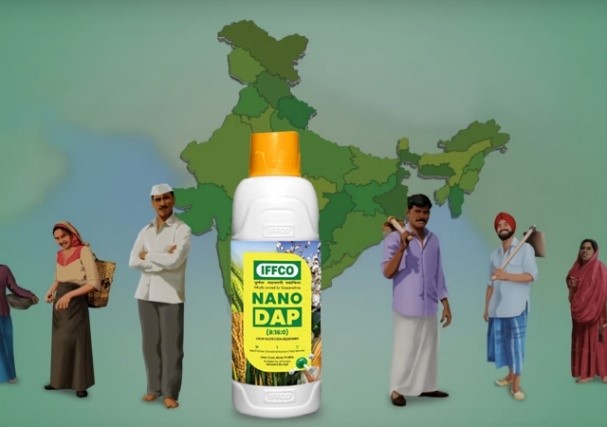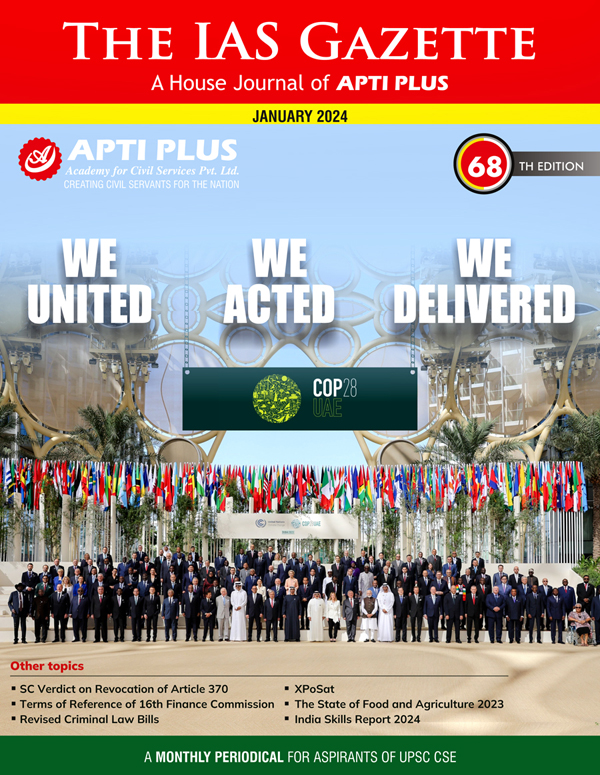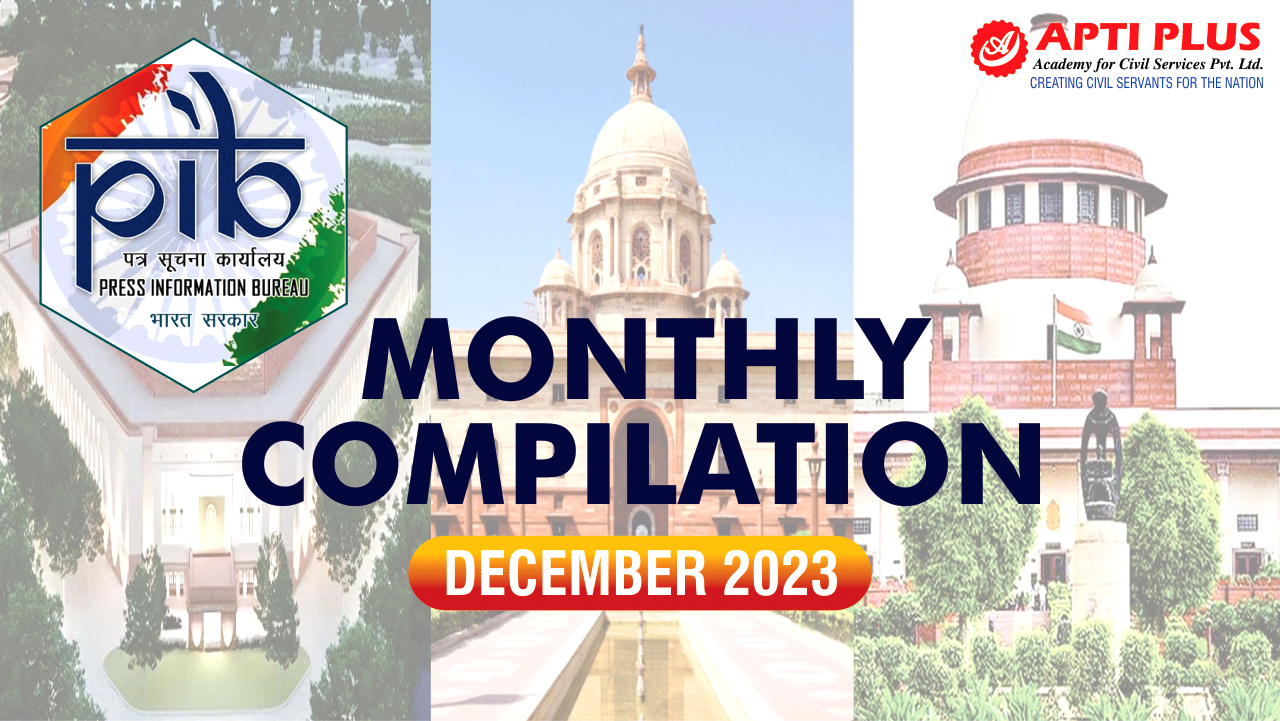Description

Disclaimer: Copyright infringement not intended.
Context
- As Nirmala Sitharaman announced that application of nano DAP on various crops will be expanded in all agro-climatic zones, fertiliser stocks jumped in trade.
Nano-DAP
- Nano-DAP (Di-ammonium Phosphate) is an innovative agri-input developed by the Indian Farmers Fertilizer Cooperative Limited (IFFCO), utilizing nanotechnology to enhance efficiency in nutrient delivery to plants.
Key Features:
- Contains 8% nitrogen and 16% phosphorus, distinguishing it from conventional granular DAP with 18% nitrogen and 46% phosphorus.
- A 500 ml bottle of Nano-DAP is equivalent to a 50kg bag of regular DAP, costing ₹600 (without subsidy), compared to ₹1,350 per bag for conventional DAP (with subsidy).
Patent and Manufacturing Insights:
- IFFCO holds a 20-year patent for Nano-DAP, securing a 20% royalty for global usage.
- Manufacturing facilities established in Kalol, Kandla (Gujarat), and Paradeep (Odisha).
Production and Collaborative Endeavors:
- Produced in collaboration with Coromandel, a private player.
- Second product in the nano stable after Nano Urea, aligning with government efforts to reduce subsidies and enhance chemical efficiency.

Benefits
Crop Enhancement Benefits:
Higher Crop Yield:
- Improves nutrient availability, leading to enhanced yields.
- Increases chlorophyll content, photosynthesis rate, root biomass, and tillers/branches.
Economic Advantages
Increase in Farmers’ Income:
- Lower input costs and improved crop quality contribute to higher income.
Nutritional Impact:
Quality Food:
- Harvested food exhibits higher nutritional value in protein and nutrients.
Environmental Sustainability:
Environment-Friendly:
- Resource and energy-efficient production.
- Reduces excess fertilizer application, promoting agricultural sustainability.
Fertilizer Efficiency:
Reduction in Chemical Fertilizer Use:
- Replaces 50% of conventional DAP’s phosphorus requirement, improving fertilizer efficiency.
Logistics Convenience:
Easy Storage and Transport:
- Requires smaller amounts, reducing logistics and easing transportation for farmers.
Government Subsidy Consideration:
Reduction in Subsidy Burden:
- Cost-effectiveness contributes to lowering the government's subsidy burden.

About Nano Fertilizers:
- Designed using nanotechnology for efficient nutrient delivery to plants.
- Involves molecular-level material manipulation.
|
PRACTICE QUESTION
Q. Consider the following statements regarding Nano-DAP (Di-ammonium Phosphate):
A. Nano-DAP, developed by IFFCO, contains 18% nitrogen and 46% phosphorus.
B. The cost of a 500 ml bottle of Nano-DAP is lower than a 50kg bag of conventional DAP, even without subsidies.
C. IFFCO holds a 10-year patent for Nano-DAP, allowing a 30% royalty for global usage.
D. Nano-DAP is the only nanotechnology-based agri-input developed by IFFCO.
Which of the statements is/are incorrect?
1.B only
2.B and D only
3.A, C and D only
4.B, C, and D only
Answer: 3. A and B only
Explanation:
- Statement A is incorrect. Nano-DAP contains 8% nitrogen and 16% phosphorus, not 18% nitrogen and 46% phosphorus.
- Statement B is correct. The cost of a 500 ml bottle of Nano-DAP is lower than a 50kg bag of conventional DAP, even without subsidies.
- Statement C is incorrect. The information about the patent duration and royalty percentage is not provided in the given information.
- Statement D is incorrect. Nano-DAP is mentioned as the second product from the nano stable after Nano Urea, implying that there is another nanotechnology-based agri-input developed by IFFCO.
Therefore, the correct answer is 3. A and B only
|











